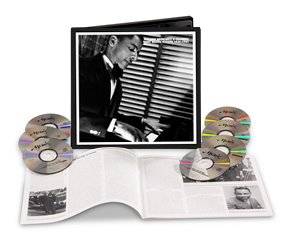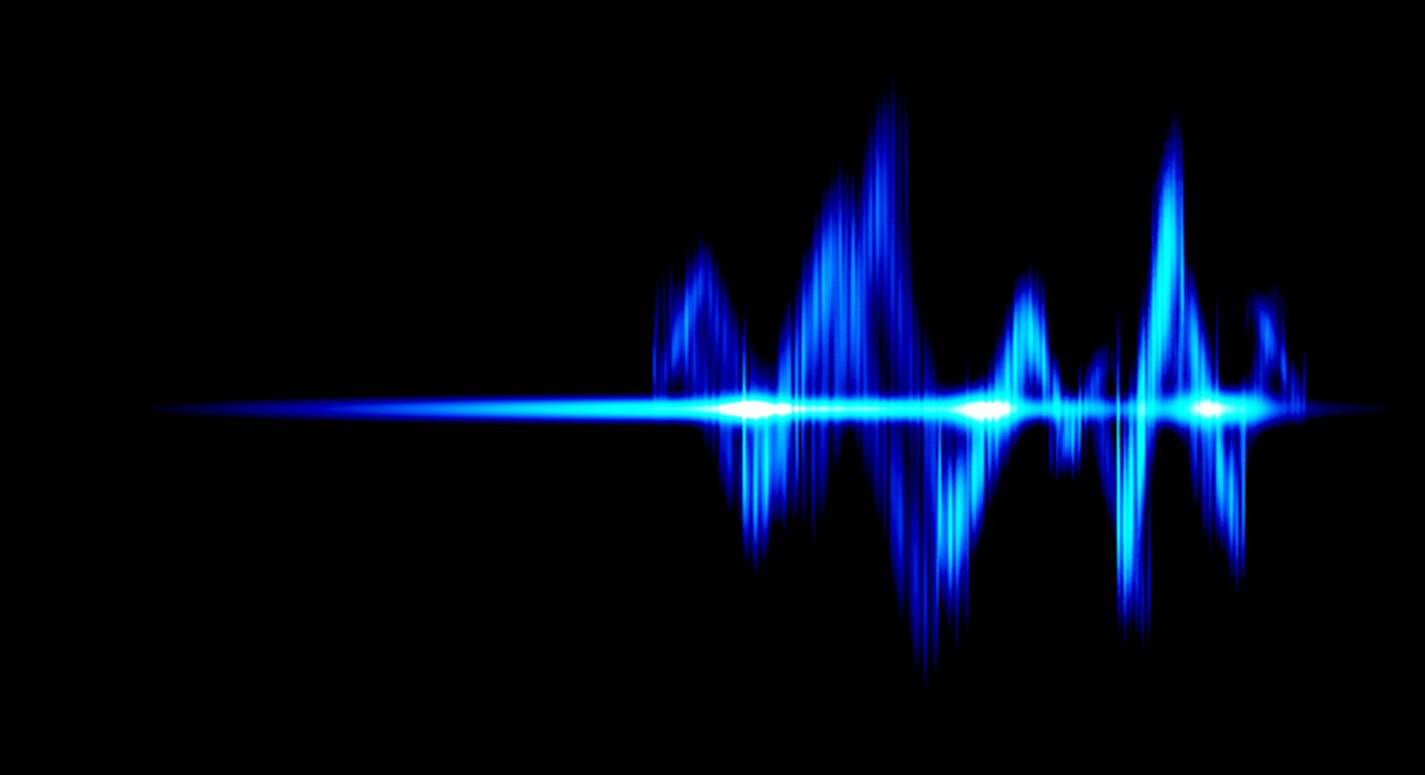Loren Schoenberg - Mosaic Records
"Classic Brunswick and Columbia Teddy Wilson Sessions 1934-1942."

"His improvisatory genius at the keyboard, and the inspiration that his artistry and deportment radiated — for that alone, Teddy Wilson remains a seminal influence on jazz well into its second century." - Loren Schoenberg
Scholar, historian, Grammy-winner - and Teddy Wilson student! -- Loren Schoenberg provides the insight and written commentary. Loren takes us inside the music and even if you’ve heard the records before after reading the notes you’ll have a new appreciation of the music.
(from the set - RECORDING SESSION)
(J) Los Angeles, August 24, 1936 The music on this session reveals the Goodman/Wilson magic in full flower; just days before, they had jammed with Lionel Hampton for the first time, which led to the first Goodman Quartet recording (Moonglow).
What resulted was a new kind of spontaneous coherence both in solo and ensemble playing that sounded like nothing heard in jazz before. This largely forgotten session is the only time that the quartet recorded together as part of another unit.
Benny probably had never played with the pianist as good as Teddy Wilson.” The inspiration clearly went both ways. Wilson, after one particularly brilliant lightning flash of a Goodman solo, turned to Otis Ferguson and said “That Benny Goodman is the greatest musician I ever heard.” His pianism had continued to flower; listen for the integration of the left hand chords and figures into the improvisation. They are no longer just punctuations or accompaniment but an equal part in the narrative.
We also hear his different styles of accompaniment, whether they be single right-hand notes for Hampton’s vibes, giving him freer reign to recast the harmonies as he wished, sparkling arpeggios for the ensemble, or subtle echoes and prods to Goodman.
Hampton wasn’t the only newcomer to the Goodman fold on this date — we also hear the debut of tenor saxophonist Vido Musso. In this early stage of his career, he fearlessly tore through his florid solos, hearing his way around the harmonies, sometimes making beautiful blunders that a more schooled player never would have lucked into.
Griffin is back on the trumpet, and has gained notably in confidence. Pay close attention to the guitar: Allan Reuss, a superlative player who had studied with George Van Eps in New York, was intrigued by Wilson’s harmonic imagination and frequently would play along during Wilson’s intermission sets. This was the first of over a dozen of these sessions he would appear on.
